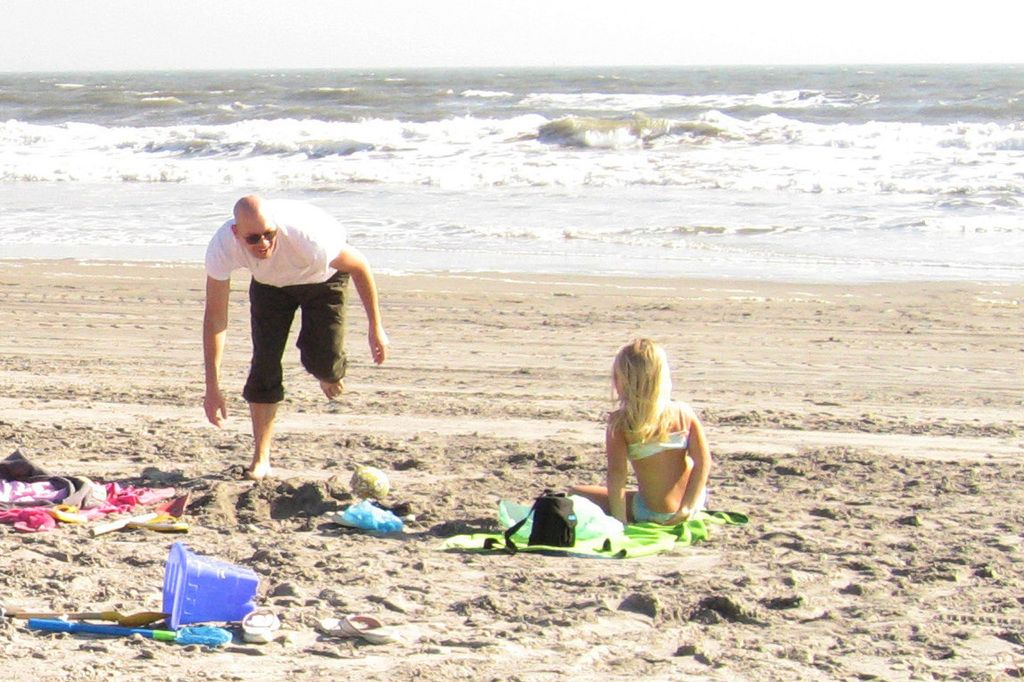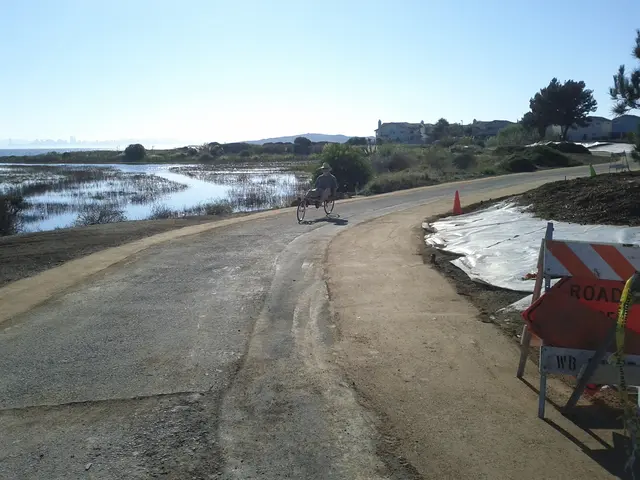Helping Kids Cope After a Car Accident: A Comprehensive Guide
Calming a Child in a Car Accident: A Guide of Immediate Steps
Suffering a car accident is an experience nobody wants, but when it involves your precious little ones, the trauma can be unbearable. Here's a guide to soothe your child and help them cope after a minor collision.
First and foremost, acknowledge that you're not to blame. Accidents happen, and it's crucial to accept this fact. You're still an amazing parent, and guilt will pass with time.
Be Patient and Present
In the initial moments after an accident, resist the urge to explain what happened. It's essential to remain calm and be around them. Your presence communicates safety and stability, which can help your child process the traumatic event more easily.
Keep an Eye Out for Delayed Emotions
Remember, children may not exhibit immediate signs of distress. They might seem fine one day and anxious the next. Some kids might develop a fear of cars or driving, or keep questioning if another crash will happen. This is entirely normal and a part of the healing process.
Maintain Everyday Routines
As you regain confidence behind the wheel, take on short, normal trips with your child. Keep things as ordinary as possible to help your little one feel secure and comfortable again.
Create a Safe Space in the Car
Make the car a familiar and comforting environment. They could bring their favorite toy, or you might play their preferred music. A small pocket of comfort can go a long way in easing their anxiety.
The enrichment data reveals that a multi-faceted approach focused on open communication, normalizing emotional responses, and providing reassurance and support can help children process and recover from their feelings after a car accident.
Keeping a routine, seeking professional help if necessary, and involving family members in the child's recovery can further aid their emotional healing. Together, we can help our children bounce back from this challenging experience.
- Encouraging open discussions about health-and-wellness and emotions could help children better understand and cope with the stress and anxiety that stem from car-accidents.
- Although car-accidents may not be directly related to science, understanding the responses and reactions of children after such experiences can be supported by the principles of child psychology and development in the field of science.
- While navigating through the emotional aftermath of a car-accident, parents might also find it beneficial to delve into general-news sources covering various aspects of parenting to gain a broader perspective on approaches and strategies to help their children heal and return to their normal routines.








